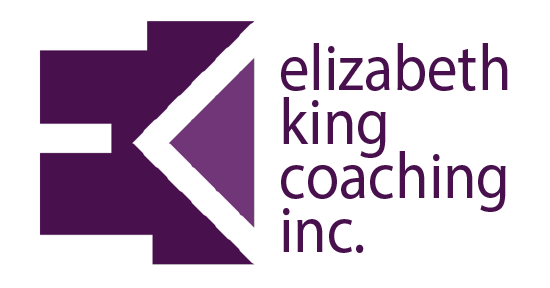Jargon. It’s the ultimate hiding place. Usually, if you’re using jargon to talk about something, you’re very likely coating a very small piece of meat in a thick layer of batter.
The ACME Plunger Corporation exists to synergize air pressure and human force to facilitate and champion the clearing of all manner of pipes, passageways, and ducts in each of America’s diverse plumbing contexts.
The problem with jargon is that it interferes with a simple, defined, and easily repeated idea. It takes so much mental energy to winnow out real meaning from jargon that it’s easy to miss the point altogether:
The ACME Plunger Corporation makes plungers that work.
You’re trying to be impressive.So maybe you do make plungers. Plungers aren’t traditionally considered glamorous. They’re not cocktail talk, so maybe you glitz it up a bit for conversation’s sake, not trusting that your listener might understand that what you’re doing, simple as it may be, is important.Or perhaps you’re at dinner with the VP and you’re hoping to make a great impression, so instead of chatting about the deck you’re building, you talk about cross-departmental execution within a team-solidifying framework. We often leap into jargon overload when we’re not sure that what we have to offer is, in and of itself, good enough. You don’t understand what you’re talking about. The groundwork for our acceptance of jargon-as-distraction is laid early on in school when failure is not an option. When we write that paper and we haven’t come to any groundbreaking conclusions, when we present our project to the class and we secretly know it sucks, we have to present it anyway. So we puff it up and wing it, hoping that no one will notice that we’ve said nothing new. It becomes a self-preservation habit. It’s what we resort to instead of simply saying “I don’t know.” You’re trying to distract from the truth. This one’s the most insidious. Really, it’s just a kicked up version of “trying to be impressive” and a toned down iteration of “flat out lying.” The internet is making it worse; no vetting—an open channel between each individual and the masses, if he wants it—means whatever we say, goes. Many people joke about the legion of Social Media Experts who arrived on the scene a few years ago. “Oh, I connect nascent companies and consumers in the real time media sphere and explore their mutual impact on perception for maximum profit,” might have actually been heard over a glass of wine at a networking event. It’s dangerous that we train ourselves to accept this sort of bravado and hidden meaning, because it’s used on us all the time. Its ubiquity stops us from noticing it, and that makes us vulnerable. Check your newspaper. Listen to the White House Chief of Staff. In her provocative book The End of America: Letter of Warning to a Young Patriot [affiliate link], Naomi Wolf explores the advent of the use of language like the Homeland, war footing, and sleeper cells in post-911 America. Wolf herself cops to having given the book a jarring, absurd title; after all, she looks at the deepest and most potentially dangerous ways governments can begin to manipulate public thinking in the hopes of snapping us out of it, so to speak. And yet, Wolf’s right: the way we think about ourselves, our position in the world—eternally braced against the enemy, ever ready to pounce on anything suspicious—is shaped by the words used to describe it. The jargon in political contexts is intended to shape your fear or your confidence (however real or warranted it may be). You have to recognize it when you hear it. We have to accept that, while our texting and shorthand culture trains us to get the gist of an idea, meaning and implication can still be heavily engineered. If we learn to cut the jargon and resort to real meaning in our own conversations, really hold ourselves accountable to saying what we mean, we’ll be better equipped to recognize jargon when we see it, think critically about what we're hearing, and identify why it’s being used. Because there’s always a reason. Only after we streamline language can we trust that those ideas that have real, lasting, honest value will consistently cut through the static and be heard.
